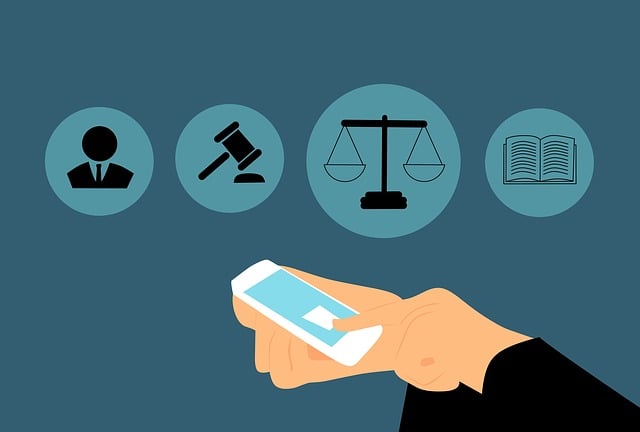Probation Violations in Iowa
from the court. Either the judge that placed the defendant on probation or another judge who would have had jurisdiction to try the original offense handles the matter. If the probation officer decides to proceed by arrest, any magistrate may receive the complaint, issue the warrant, or conduct the initial appearance or probable cause hearing.
The initial appearance, probable cause hearing, and probation revocation hearing, or any of them, may be merged into a single hearing when it appears that the defendant would not be prejudiced.
Typically, in most probation violation cases there are two hearings—the initial appearance and the probation violation hearing. At the initial appearance, the defendant is advised of the violation, given notice of the probation violation hearing, and advised of the right to court-appointed attorney.
At the probation violation hearing, the defendant may admit or deny the allegations of the probation violation complaint. If the defendant admits the violation, then the court proceeds to decide what, if anything, should happen to the defendant’s probation.
If the defendant denies the allegations, a formal probation violation hearing is held. At the hearing, the defendant must be informed of the evidence against him or her, shall be given the opportunity to be heard, shall have the right to present witnesses or other evidence, and shall have the right to cross-examine the witnesses. The court must determine if the State has proven by a preponderance of the evidence a violation of probation. This burden of proof is a lower burden of proof than in criminal cases, which is by evidence beyond a reasonable doubt.
See also Motion for Bill of Particulars in Iowa Criminal Defense Cases
If a violation has been shown or if the defendant admits to the violation, then the court has many options: (1) The court may continue the probation with or without altering the conditions of probation; (2) the court may hold the defendant in contempt of court and sentence him or her to jail while continuing the probation; (3) the court may order the defendant to be placed at a violator facility while continuing probation; or (4) the court may revoke the probation and require the defendant to serve the original sentence imposed or any lesser sentence. For deferred judgments, the court may impose any sentence that it could have originally imposed. If the court revokes a deferred judgment and imposes a fine, the court must reduce the amount of fine by the amount of civil penalty previously assessed against the defendant.
 Consult with an attorney today Puryear Law is pleased to offer a variety of convenient payment options, including all major credit cards, to make the legal services our clients need affordable.
Consult with an attorney today Puryear Law is pleased to offer a variety of convenient payment options, including all major credit cards, to make the legal services our clients need affordable.
 Puryear Law also accepts cryptocurrency payments, including but not limited to Bitcoin and Litecoin.
Puryear Law also accepts cryptocurrency payments, including but not limited to Bitcoin and Litecoin. 

At Puryear Law, we do our part to protect the environment. Learn more.
The determination of the need for legal services and the choice of a lawyer are extremely important decisions and should not be based solely upon advertisements or self-proclaimed expertise. This disclosure is required by the Supreme Court of Iowa. Memberships and offices in legal fraternities and legal societies, technical and professional licenses, and memberships in scientific, technical and professional associations and societies of law or field of practice do not mean that a lawyer is a specialist or expert in a field of law, nor do they mean that such lawyer is necessarily any more expert or competent than any other lawyer. All potential clients are urged to make their own independent investigation and evaluation of any lawyer being considered. This notice is required by the Supreme Court of Iowa. Puryear Law is a general law practice. No attorney-client relationship is formed through your use of this website

 Consult with an attorney today Puryear Law is pleased to offer a variety of convenient payment options, including all major credit cards, to make the legal services our clients need affordable.
Consult with an attorney today Puryear Law is pleased to offer a variety of convenient payment options, including all major credit cards, to make the legal services our clients need affordable.  Puryear Law also accepts cryptocurrency payments, including but not limited to Bitcoin and Litecoin.
Puryear Law also accepts cryptocurrency payments, including but not limited to Bitcoin and Litecoin. 
